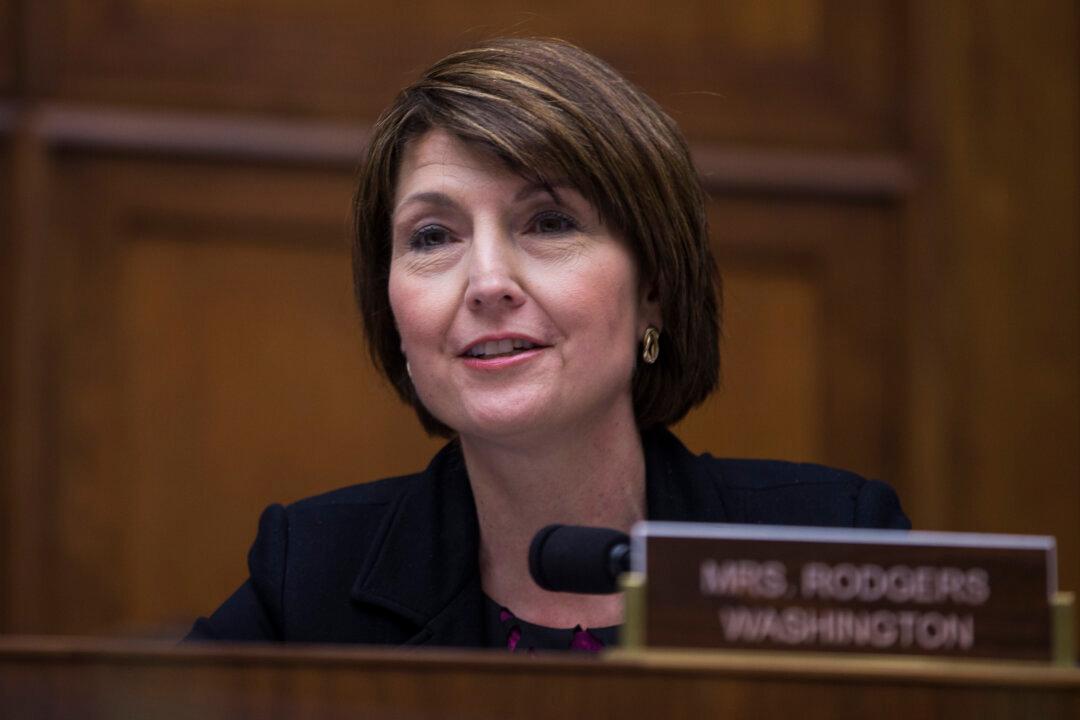Rep. Cathy McMorris Rodgers (R-Wash.), the ranking minority member of the House Energy and Commerce Committee, and two other Republican representatives are pressing Dr. Anthony Fauci for answers after newly disclosed documents reveal that U.S. money went to China for coronavirus research.
Among the documents, obtained by The Intercept through the Freedom of Information Act, was a previously unpublished grant proposal titled “Understanding the Risk of Bat Coronavirus Emergence,” outlined by Peter Daszak, president of U.S.-based health organization EcoHealth Alliance.




